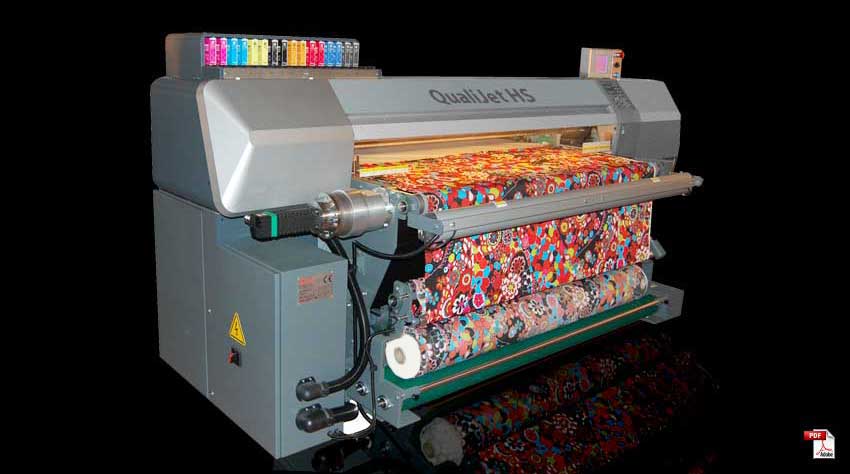With the innovative appearance of the Kindle, bookcases have started to empty out as more and more Kindle fans preferred to read from a gadget than from an actual paper. It is true that for those who travel a lot and like to read when they’re doing that, the Kindle is really a space saver. However, using it on a regular basis raises other concerns such as the different ways your brain processes digital reading and printing press material.
Johannes Gutenberg’s invention of the printing press was a real technological outburst at the time, but when the first computer was released, the world was yet experiencing another incredible innovation. Thus, the parallel virtual world was created that gradually started to amaze with its infinite capacities of stocking information, images, books, music etc.
Even the press found its way in the virtual mind of society, as newspapers started their own sites for people to still read the information they provide on their laptop or smartphone. Given the new course of evolution, how does our body truly react?
Scientists in neurology have discovered that when reading from a piece of paper or screen, we use different parts of the brain. When reading from a screen, for instance, we tend to shaft our eyes on the text, without using deep reading. When deep reading (usually physical books), we actually stimulate our brain to profoundly immerse in a novel and extend our creativity.
If we don’t use the deep reading part of our brain, we might actually lose it. Therefore, handing Kindles to children before the firstly experience reading with an actual book might have a negative impact on how he further develops.
One may say that books tend to be heavy and occupy a lot of room in a house but, as Horace Mann was saying: “No man has a right to bring up his children without surrounding them with books”. As a matter of fact, space should not be an issue and even if it is, there will always be the option of public library. Having a wide range of books to choose from, public libraries are like a physical Google. Only that you have the change to actually feel the book you’re reading and even pass by other books you weren’t searching but raised your attention.
Nevertheless, you don’t have to be a child to enjoy reading printing press material. As paintings and sculptures give life to a museum, books can give life to your imagination, being an important source of relaxation. Deep reading can bring you out of your ordinary day and into the neutral space of the story.
Virtual texts, however, are difficult to read and enjoy and seem endless because of the simple fact that you cannot turn the page. As the amount spent on reading long-form texts on a digital format becomes more intermittent and fragmented, the emotional and cognitive aspects of reading can easily diminish, especially as Kindles become more affordable and accessible to everyone.








